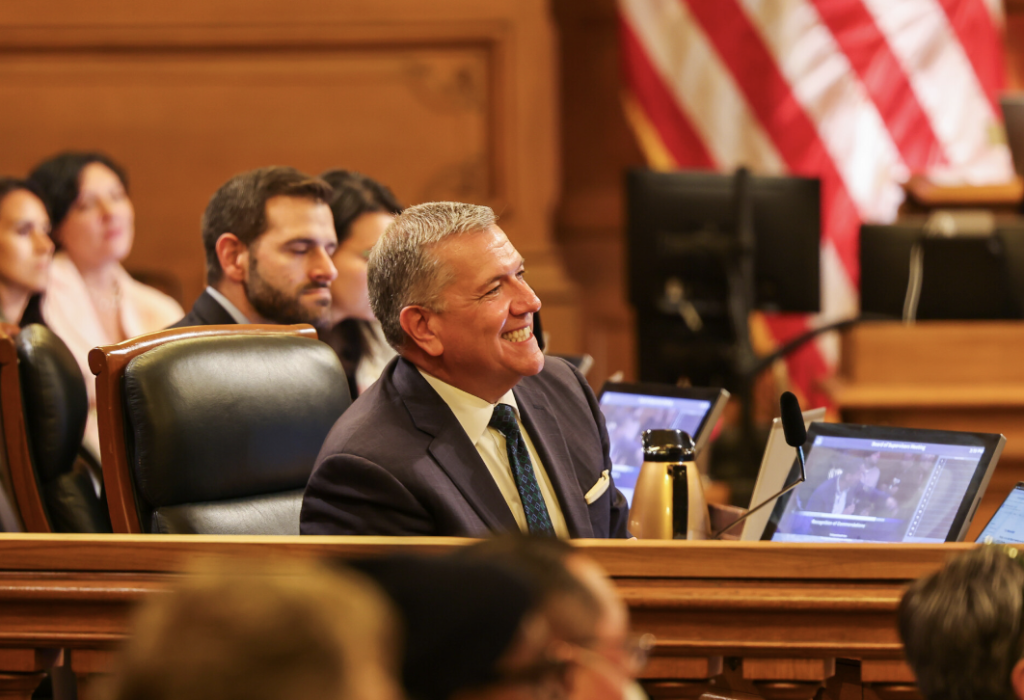The Public Safety and Neighborhood Services Committee, to the surprise of nobody, voted 3-0 last week to forward to the full board a measure that seeks to undermine harm reduction as a city policy and push “abstinence-only” approaches—despite strong testimony from some medical professionals who said the plan would do far more harm than good.
Among other things, critics said they worried that the new policy approach would conflict with the concept of “housing first,” which seeks to put people in stable living situations even if they are using drugs.

Sup. Matt Dorsey, the author of the bill, accepted some modest amendments proposed by the San Francisco-Marin Medical Society that changed the words “abstinence first” into “long-term remission.” He would have had a tough time pushing this forward with more than 3,000 doctors in opposition.
Adam Francis, policy director for the society, said that the amendments would avoid “a fight between abstinence and harm reduction.”
But numerous others said the amendments didn’t change the fundamental direction of the measure.
Dorsey attacked us on Twitter for comparing and abstinence-only drug policy to abstinence-only sex education. Dr. Sarah Rosenwohl-Mack, an addiction medicine specialist at UCSF, said exactly what we did: “Abstinence-only sex education does not lead to positive health outcomes, and abstinence-only drug policy does not create healthy outcomes,” she said.
Pat Denning, a legendary therapist who helped build the Harm Reduction Therapy Center in San Francisco during the worst years of the AIDS pandemic, said the amendments moved the bill in the right direction, but that under Dorsey’s proposal, “the city has scrubbed harm reduction.
“Nobody dies from harm reduction,” she said. “People die from traditional abstinence-based programs. People die living in the streets.”
Marnie Regan, division director of Larkin Street Youth Services, said that sobriety is “part of the harm reduction continuum. Regan noted that programs that require sobriety before people are eligible for housing “will put people deeper into the shadows and deeper into despair.”
The Drug Policy Alliance, along with Lyon Martin Community Health and the Harvey Milk Club, opposed the bill, noting that:
The proposed measure presents a very narrow view of recovery, obscuring the different pathways toward recovery. Recovery is not a one-size fits-all, rather, it exists on a spectrum. …
The reality is that recovery from substance use is a complex and often unpredictable process influenced by each individual’s circumstances, and cessation of drug use is one part of the many components of recovery. … The abstinence only model ignores the fact that recovery from substance use is not a linear nor rigid path and forecloses on the continuum of approaches available to support individuals in their recovery journey.
Sups. Bilal Mahmood and Danny Sauter are both cosponsors, so despite all the testimony, they moved the measure to the full board, where it’s likely to pass—and upend 30 years of science-based policies that have, advocates say, save many, many lives.





